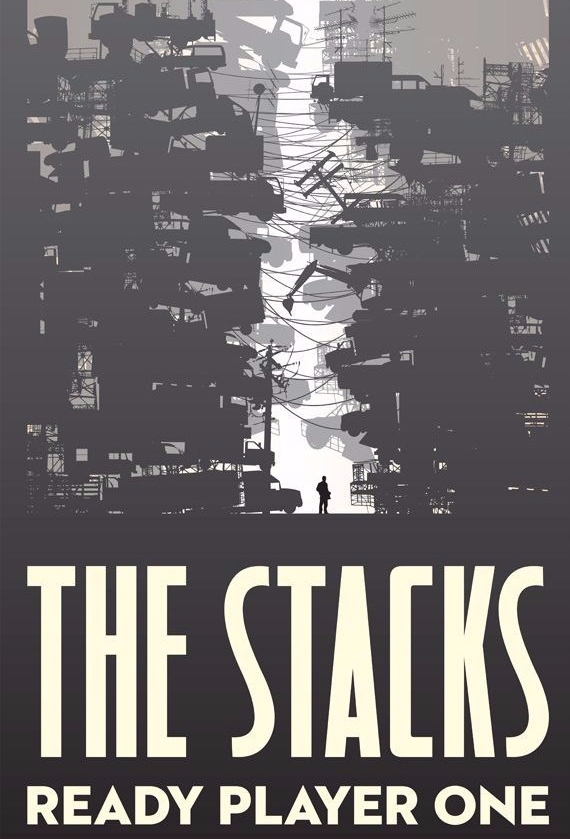The topic of internet censorship is one that I think goes hand in hand with this whole class because I think censorship makes it so people live in a bubble and can’t experience diversity the way we do here in America. Countries like North Korea and China cut their citizens off from outside influence and it makes me wonder if their governments are really xenophobic or if they just really want to keep such iron-fisted control over the people who live there and make it seem like the only way of living is theirs and that thinking outside the box should never happen. I think it also makes it really easy for these governments to find all the bad that happens outside of their country and use it as propaganda and why other nations are wrong/bad.
Its ironic to think of internet censorship in a positive way since here in America what we see that is censored is usually horrifying, heinously violent, and/or gory and in some type of video or visual form. And I think that those things definitely need to be censored because if we want to make positive changes in the world, then that type of content shouldn’t be seen, at least for “entertainment value.” I do think that, for the most part, censorship is a problem because it makes it so governments can keep people in the dark and more easy to manipulate because they don’t have any other point of reference. I know cultures are different all around the world, but I don’t think any country should use censorship as a way of controlling citizens. Honesty from governments to their people has fallen by the wayside, in my opinion, and censorship has definitely played a part in that.
 If you’ve ever wondered why you seem some material and not other on your social media feeds, this article tells you about it. Not that it talks about what actually makes it to your feed, but what *doesn’t* make it is the nitty gritty of this article. We all know that the multiple platforms of FB, Twitter, YouTube, etc…are all moderated because of the option to report offensive posts/responses, but who can honestly say they’ve thought about the horrific and/or terrifying content that we don’t see on a daily basis because of the people who, for one reason or another, are content moderators?
If you’ve ever wondered why you seem some material and not other on your social media feeds, this article tells you about it. Not that it talks about what actually makes it to your feed, but what *doesn’t* make it is the nitty gritty of this article. We all know that the multiple platforms of FB, Twitter, YouTube, etc…are all moderated because of the option to report offensive posts/responses, but who can honestly say they’ve thought about the horrific and/or terrifying content that we don’t see on a daily basis because of the people who, for one reason or another, are content moderators? Though I found myself interested in the way Wade claimed the Easter Egg, I still felt the last 100+ pages of reading were just cliché and anti-climactic in a couple of ways. Wade finally figures out the second gate and receives the Crystal Key, and then allows himself to be arrested to defeat the Sixers from within, so to speak, finds out about his one true love (and oh yeah, saves her life,) defeats The Big Bad, and finally makes his claim on fame and fortune with the Easter Egg (because of course only HE would think to play that Pac-Man game and pick up the quarter artifact that had no clear purpose.) Sarcasm aside, I thought the pacing of the last chunk of the book improved from the middle portion, where so much of the narrative was the love story of Art3mis and Wade, so I appreciated that at least.
Though I found myself interested in the way Wade claimed the Easter Egg, I still felt the last 100+ pages of reading were just cliché and anti-climactic in a couple of ways. Wade finally figures out the second gate and receives the Crystal Key, and then allows himself to be arrested to defeat the Sixers from within, so to speak, finds out about his one true love (and oh yeah, saves her life,) defeats The Big Bad, and finally makes his claim on fame and fortune with the Easter Egg (because of course only HE would think to play that Pac-Man game and pick up the quarter artifact that had no clear purpose.) Sarcasm aside, I thought the pacing of the last chunk of the book improved from the middle portion, where so much of the narrative was the love story of Art3mis and Wade, so I appreciated that at least.